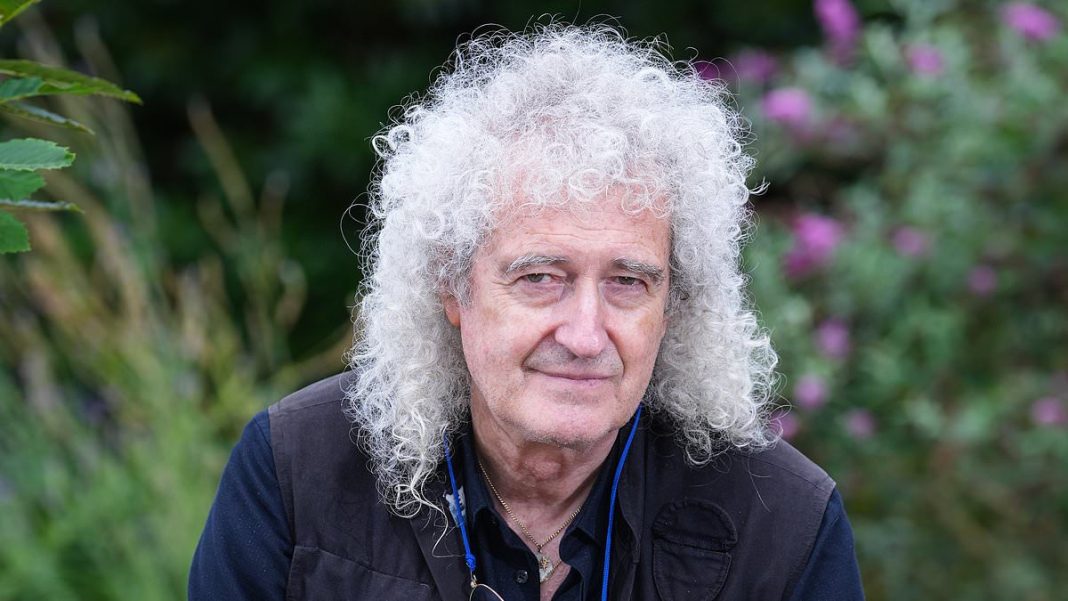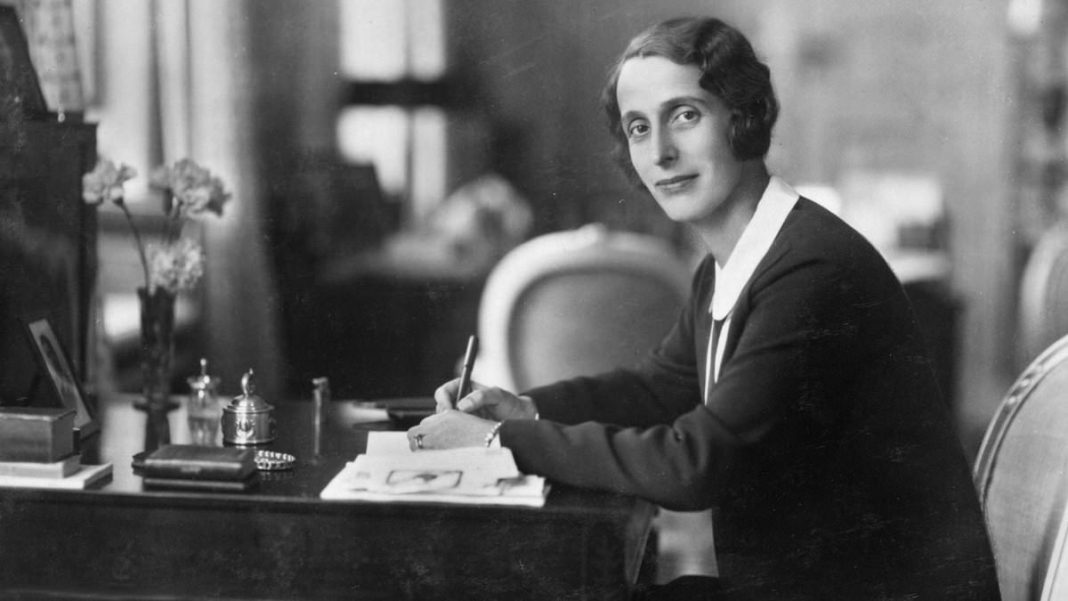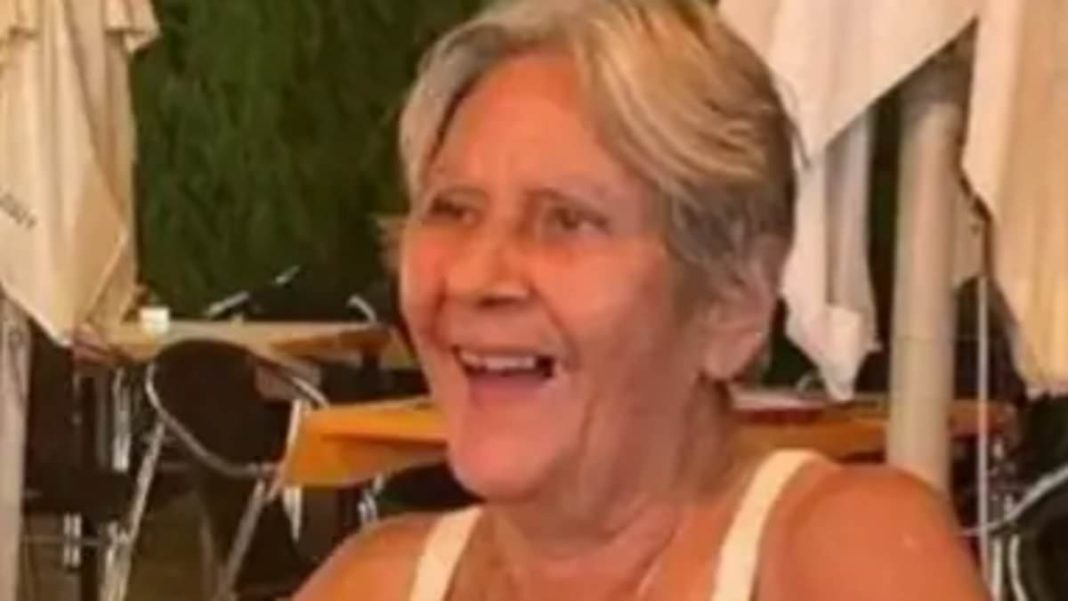Warning over life-threatening signs of stroke that are easily missed,
Stroke patients are dying or suffering life-long disabilities because people typically wait an hour and a half before dialling 999, the NHS has warned.
Health bosses say tens of thousands more victims could be saved or make a fuller recovery if the public called for an ambulance at the first sign of symptoms.
NHS England is today launching the first major update to its ‘Act FAST’ stroke awareness campaign since 2009.
It encourages people to act immediately if anyone experiences one of the three common symptoms, including struggling to smile, struggling to raise an arm or slurring their words.
Professor Sir Stephen Powis, national medical director at NHS England, said taking quick action could ‘help save and protect many more lives’.
But the plea comes against a backdrop of slow ambulance response times, with crews routinely failing to arrive within the 18 minute target.
The latest NHS figures show the average response time for ambulances dealing with emergency calls, such as heart attacks and strokes, was 36 minutes and 2 seconds in September.
Around 100,000 people have a stroke each year in the UK, which occurs when the blood supply to part of the brain is cut off.
Without prompt treatment a stroke can result in death or long-term disabilities such as paralysis, memory loss and communication problems.
The NHS says rapid diagnosis and treatment is ‘critical’ as stoke victims may lose around 2million brain cells a minute, with delays contributing to greater harm and hampering recovery.
The average time between first stroke symptom and a 999 call being made was 88 minutes in 2023/24, according to new analysis of NHS data by the Sentinel Stroke National Audit Programme.
Its researchers, based at King’s College London, examined the medical notes of 41,327 stroke patients where such figures were recorded.
Meanwhile, new NHS polling found 57 per cent of adults in England believe you should have two or three symptoms of a stroke before calling 999, despite just one being a sign of a medical emergency.
Nearly two thirds (64 per cent) of the 2,001 people questioned said they would not call 999 as their first course of action if they noticed someone was suddenly struggling to smile.
Sir Stephen said: ‘These figures highlight very clearly that we must do more to support people to recognise the symptoms of stroke in themselves and others and take action to call 999 at the earliest opportunity.
‘Stroke symptoms can be less obvious or dramatic than you might expect, but even if it doesn’t seem like it, any sign of stroke is always an emergency and it’s vital you call 999 immediately.
‘This campaign is so important. Greater awareness of the need to act fast and dial 999 could help save and protect many more lives, as we know that earlier recognition of symptoms and immediate action to call 999 can enable faster access to specialist treatment and the best chance of reducing long-term effects of a stroke.’
NHS England said more people are now surviving a stroke than ever before thanks to advances in care but strokes remain the fourth single leading cause of death in the UK, with 38,000 fatalities each year.
Juliet Bouverie, chief executive of the Stroke Association, said: ‘Over 88,000 people survive a stroke every year in the UK, but surviving a stroke is just the start of a long and traumatic battle to finding their way back to life.
‘Mums, dads, grandparents, young people, even children can be stroke survivors, and the impact of stroke on them and their loved ones can be catastrophic.
‘This new NHS campaign is so important to help raise awareness that stroke is always a medical emergency.
‘If you spot any of the three common signs of a stroke in someone, the first thing you should do is call 999. The quicker many stroke treatments are given, the better.
‘As we say, “time is brain”, so it’s important to recognise any of the signs of a stroke and act immediately.
‘Acting FAST is vital for stroke survival and to help improve the journey to recovery.’









